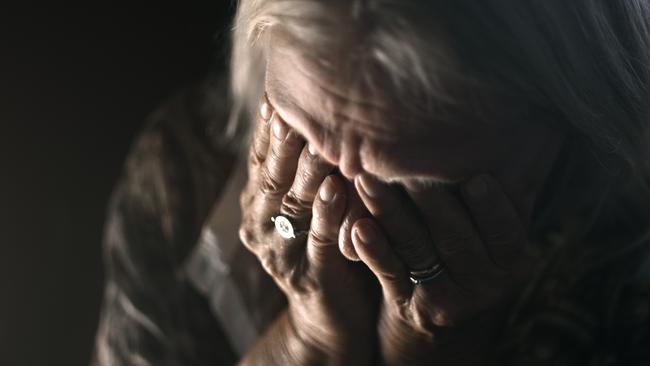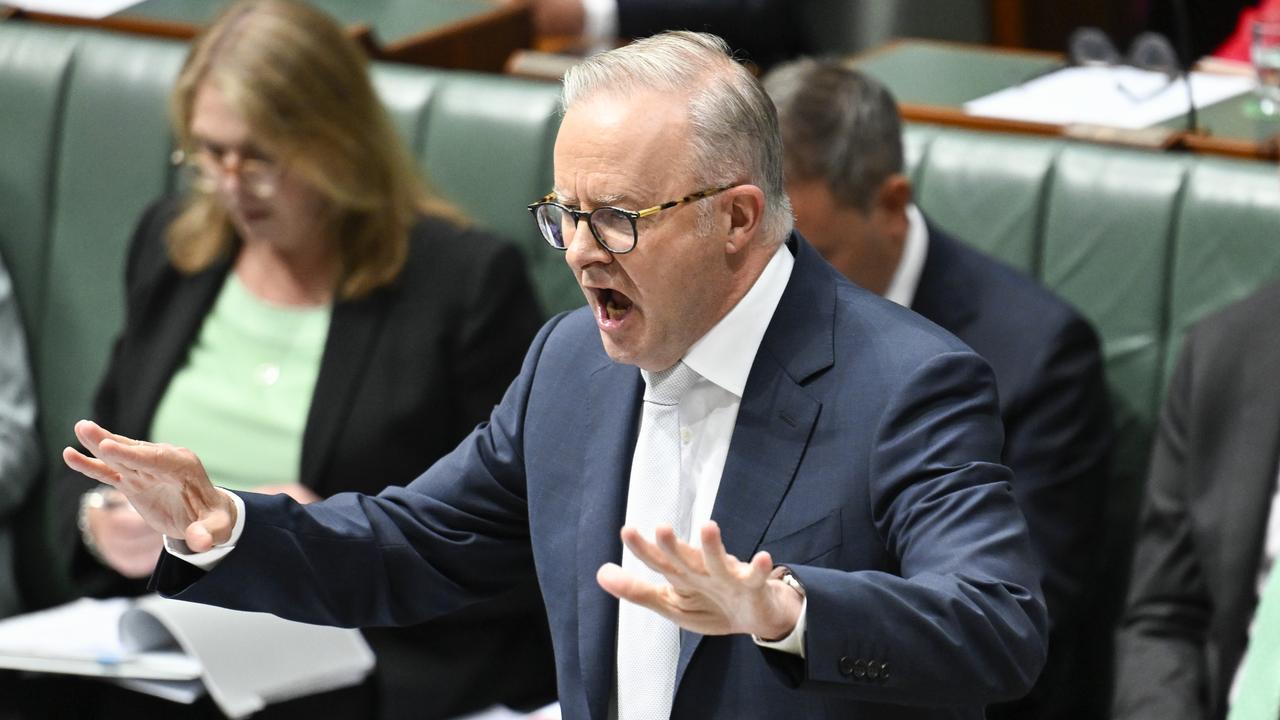Mental illness doubles as hospital beds vanish
Doctors are raising the alarm at the increasing numbers of patients presenting to emergency by ambulance in acute crisis, with thousands unable to access specialist mental health care.

The number of Australians presenting at hospital with mental illness has almost doubled in the past 15 years but the number of beds available has plummeted, with emergency departments struggling to care for those in acute crisis waiting an average 20 hours to be admitted to wards.
Doctors are raising the alarm at the increasing numbers of patients presenting to emergency by ambulance in acute crisis, with thousands of people unable to access specialist mental health care in the community whatsoever.
The Australian Medical Association has issued a special edition of its yearly public hospitals report card to highlight what it says is the failure of Australia’s healthcare system and hospitals to provide acceptable care for the mentally ill.
AMA president Steve Robson said those with mental illness were receiving the worst care of any other patient with the overloaded hospital system, despite being highly vulnerable and acutely unwell. The problem was linked to underfunding by state governments of community mental health services and primary care, as well as subsidisation schemes for psychiatric and psychological care that favoured the rich.
“There is a yawning gap in primary care, specialist care and community mental health services,” Professor Robson said. “There are significant shortages of most mental health professionals, including psychiatrists, psychologists and general practitioners, as well as allied health professionals.
“It tallies up to a health system ill-equipped to provide appropriate, acceptable care for people with poor mental health. Parents and relatives sadly know the heartache of battling though the system for years only to tragically lose their loved ones to suicide,” he said.
“We need to urgently reverse these worrying trends and stop them from becoming normal. If a mental health patient ends up in the ED, the system has already failed them. The solution is prevention and early intervention, with general practice playing a key role, while at the same time boosting our hospital capacity so it is ready to support patients who need hospital treatment.”

The AMA’s report card shows the number of patients presenting with poor mental health has almost doubled to 121 per 10,000 people, up from 69 in 2004.
The number of ED presentations per 10,000 population nationally almost doubled since 2004-05 from 69.2 to 120.6, and in some states people are waiting in emergency for as long as an average of 28 hours to be admitted.
Despite the rising tide of mental ill health, there has been a 40 per cent decrease in the number of mental health beds in public hospitals – from 45.5 to 27.5 beds per 100,000 people between 1992 and 2020. That was despite an almost eight million increase in population.
While the decrease in beds is partly the result of the policy of deinstitutionalisation of mentally ill people, those patients have been largely cast adrift because of critically low levels of state government funding for community mental health.
Ambulance data indicates how severe this gap in services outside of hospital has become. More than half of mental health patients now arrive at ED by ambulance, up 10 per cent on five years ago.
For all other patients, one in three arrives by ambulance.
Long wait times in emergency are causing extreme stress for patients and doctors and have caused some violent incidents.
Royal Australian College of GPs president Karen Price said general practice physicians were often seeing patients who required urgent psychiatric care but could not access services, with gap fees for private psychiatrists often costing hundreds of dollars.
Health economist Stephen Duckett said only the wealthy were generally able to access mental health care in the community, but even these patients struggled given demand and the shortage of psychiatrists.



